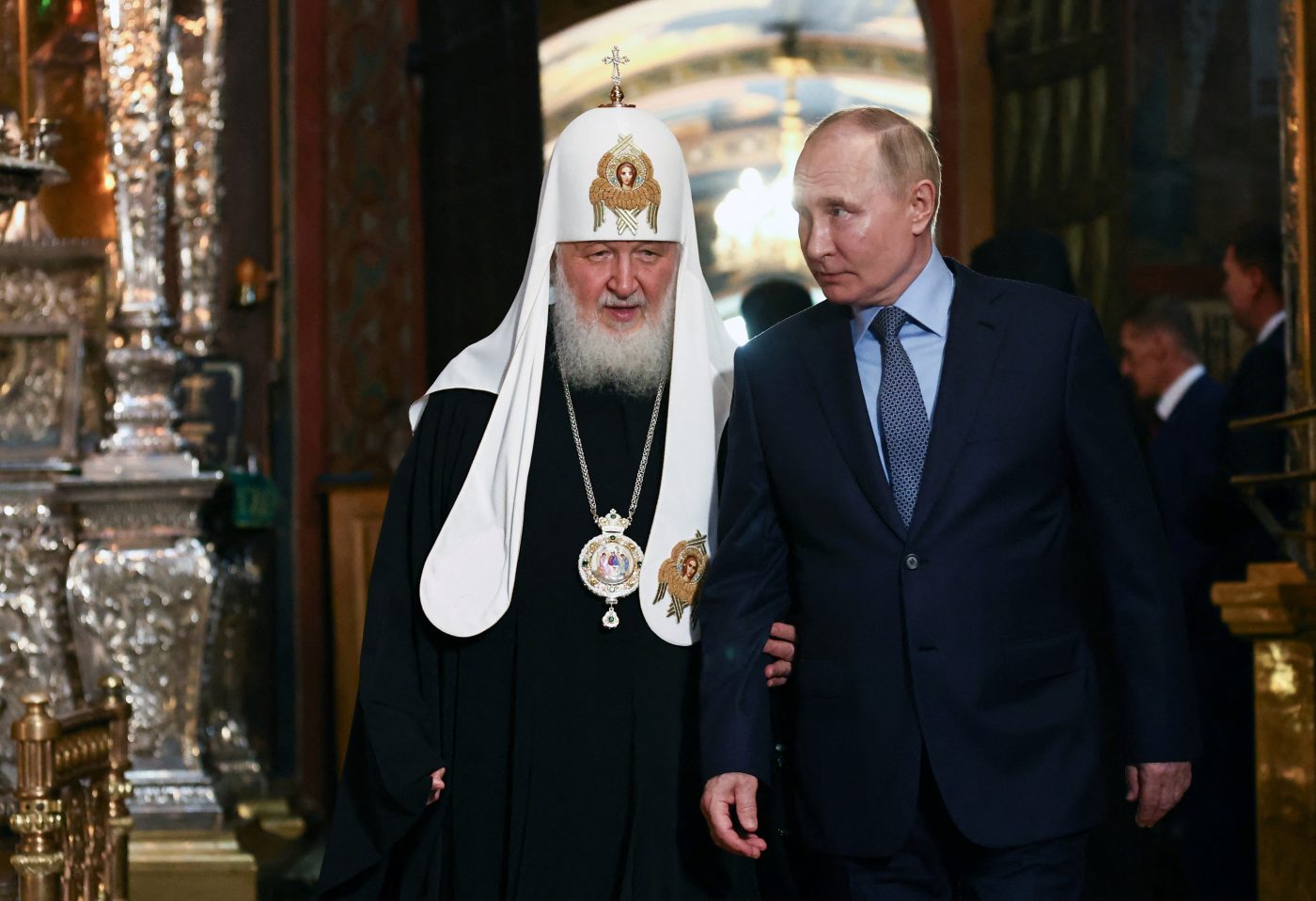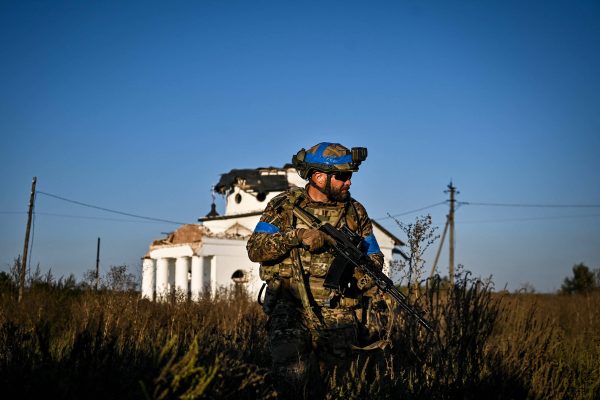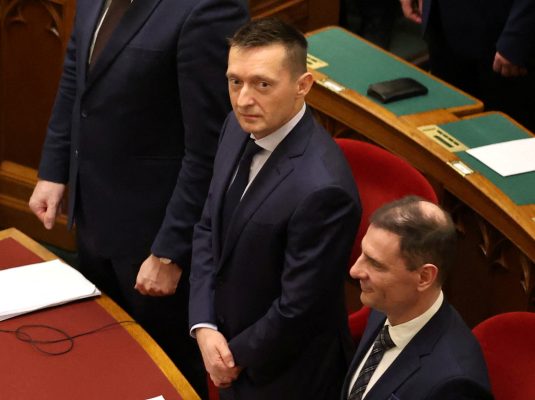The Council of Europe’s parliamentary assembly has called on all states to view Patriarch Kirill and his church’s leadership as extensions of Vladimir Putin’s regime and to treat them as complicit in its war crimes and crimes against humanity.
The church is: “An ideological extension of Vladimir Putin’s regime complicit in war crimes and crimes against humanity conducted in the name of the Russian Federation and the Russkiy Mir ideology,” it stated.
It’s easy to find supporting evidence. At the World Russian People’s Council in Moscow in March, the Russian Orthodox Church (ROC) approved The Present and Future of Russian World [Russkiy Mir]” — a document aimed at consolidating Kremlin narratives into a broader nationalist ideology around the war in Ukraine and Moscow’s expansionist ambitions.
The church has framed the slaughter and destruction of the full-scale invasion as a “holy war for all Russians” and a struggle against the “moral decay” of the “satanic” West.
Its priests urge Orthodox believers to sacrifice themselves for their country by joining the war of aggression, while the church’s domestic propaganda calls for protection of the “traditional” family through the oppression of LGBT+ people and softer punishments for domestic violence.
It also calls for a return to the doctrine of the triunity of the Russian people, which teaches that Great Russians, Little Russians, and Belarusians are branches of a single ethnic group. It claims the term “Russian” encompasses all Eastern Slavs and promotes a unified “Russian” identity, undermining the sovereignty of neighboring states.
The church overtly supports Kremlin information operations while its priests have been covertly recruited by Russian special services, according to a report by the UK’s Royal United Services Institute.
It collaborates closely with state media outlets, including Russia Today (RT) and Sputnik, and has used platforms like VKontakte and Telegram to spread pro-Kremlin narratives. For example, RT has a special section on ROC statements and related news.
The Synod of the Russian Orthodox Church Outside Russia (ROCOR), which has around 400 parishes and an estimated 400,000 members worldwide, has tried to push back against Moscow’s propaganda by allowing the removal of Patriarch Kirill’s name from liturgical services.
A 2022 open letter to the ROCOR leadership from Orthodox organizations abroad also urged them to speak more decisively against the “abominable act of aggression” against Ukraine.
The Kremlin nonetheless sees value in its foreign presence. In the US, the Russian Orthodox Church abroad is gaining followers, not just among Russian immigrants but also among Americans attracted to its emphasis on “traditional values.” The new membership provides an opportunity for Moscow to promote a Russian view on geopolitical developments.
The European Parliament has highlighted the way Russia fosters connections in neighboring EU countries through ROC activities that emphasize a traditional pan-Slavic brotherhood and shared goals, such as defending persecuted Christians and countering the “Islamization” of Europe.
Organizations like the World Russian People’s Council have been instrumental in this effort. In November 2022, a conference hosted by the council in Belgrade featured speeches framing the ROC as a bastion of traditional values in opposition to Western liberalism.
And it reaches beyond Europe. The Patriarchal Exarchate, established in December 2021, is a leading promoter of Russian narratives in Africa. Its website features content unrelated to religion, echoing Kremlin propaganda and railing against “Ukrainian schismatics” while amplifying Putin’s claimed desire to protect Africa from the West.
The Ukrainian Orthodox Church of the Moscow Patriarchate was a key instrument of ROC influence in Ukraine, where it still holds some sway. In occupied regions, cases have been documented of ROC priests and other representatives passing troop locations to Russian forces, openly supporting the occupation, and even facilitating torture.
In response, Ukrainian lawmakers prohibited all Russian-linked religious organizations and ordered Moscow Patriarchate parishes in Ukraine to sever ties with their Russian mother church within nine months. Kyiv has the power to act against those who fail to comply.
Western countries need to closely monitor the activities of the Russian Orthodox Church and its branches abroad to prevent their damaging influence. The list of sanctioned individuals should be expanded to include more of its representatives.
Such measures are about public safety rather than the repression of religious freedom. Believers are free to worship God in the Orthodox style, just without the attached dissemination of Russian propaganda or support for the Kremlin’s murderous aggression.
All states should examine Ukraine’s approach and develop their own strategies to protect the public from harmful propaganda emanating from the church.
Kateryna Odarchenko is a political consultant, a partner of the SIC Group Ukraine, and president of the PolitA Institute for Democracy and Development. A specialist practicing in the field of political communication and projects, she has practical experience in the implementation of all-Ukrainian political campaigns and party-building projects.
Europe’s Edge is CEPA’s online journal covering critical topics on the foreign policy docket across Europe and North America. All opinions are those of the author and do not necessarily represent the position or views of the institutions they represent or the Center for European Policy Analysis.

CEPA at 20
Celebrating 20 Years of Leadership in Action




